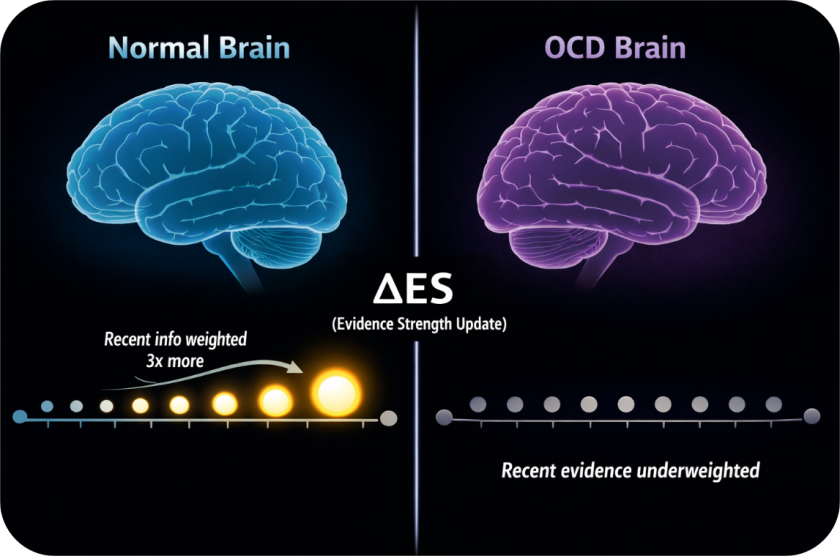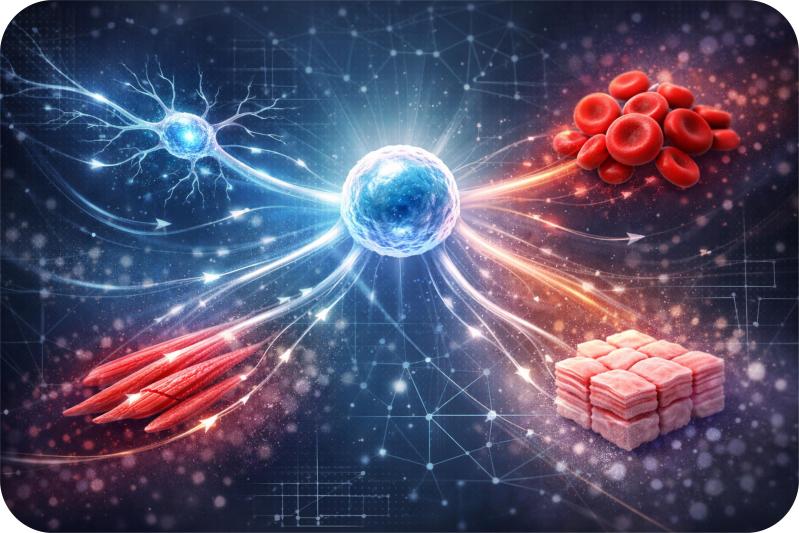While logical explanation would refer certain everyday behaviours to discipline and upbringing, scientists have managed to associate such “discipline” to the brain’s ability to function properly. In a recent research, scientists lead by Dr. Mathias Pessiglione suggested that a person’s refusal of an immediate small reward in order to receive a delayed one that is more valuable is a process that occurs in the hippocampus- the part of limbic system responsible for consolidating information from short-term memory to long-term memory.*1
“Indeed, this structure has long been considered as essential for storing past episodes, but scientists have recently discovered that it is also involved in simulating future situations. The consequence is that patients with hippocampus damage suffer not only from memory deficits but also from a difficulty in imagining goals that would counter the attraction of immediate rewards and motivate their actions on the long run.” Stated Dr. Pessiglione.
The research conducted in the Brain and Spine Institute in Paris found that in order for the brain to resist temptations, it needs properly functioning memory systems. The researchers had volunteers to choose between immediate and future rewards. Immediate ones were presented as pictures, while future ones were presented as text. Brain scans found an association between the amount of hippocampus activity and choosing future rewards.
These findings were further validated in a follow-up test were individuals living with Alzheimer’s disease were given same tasks as the previous sample, and tended to choose immediate rewards. This is judged to be due to damage to these individuals’ hippocampus, which is typically associated with Alzheimer’s disease.
*1 Wikipedia
Source: Science Codex
Photo: Brain Connection




